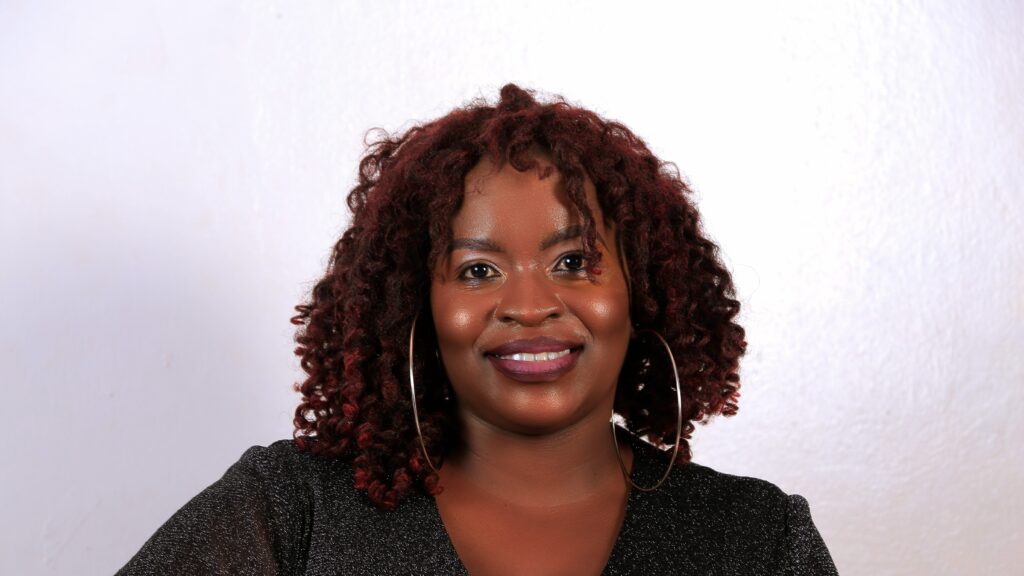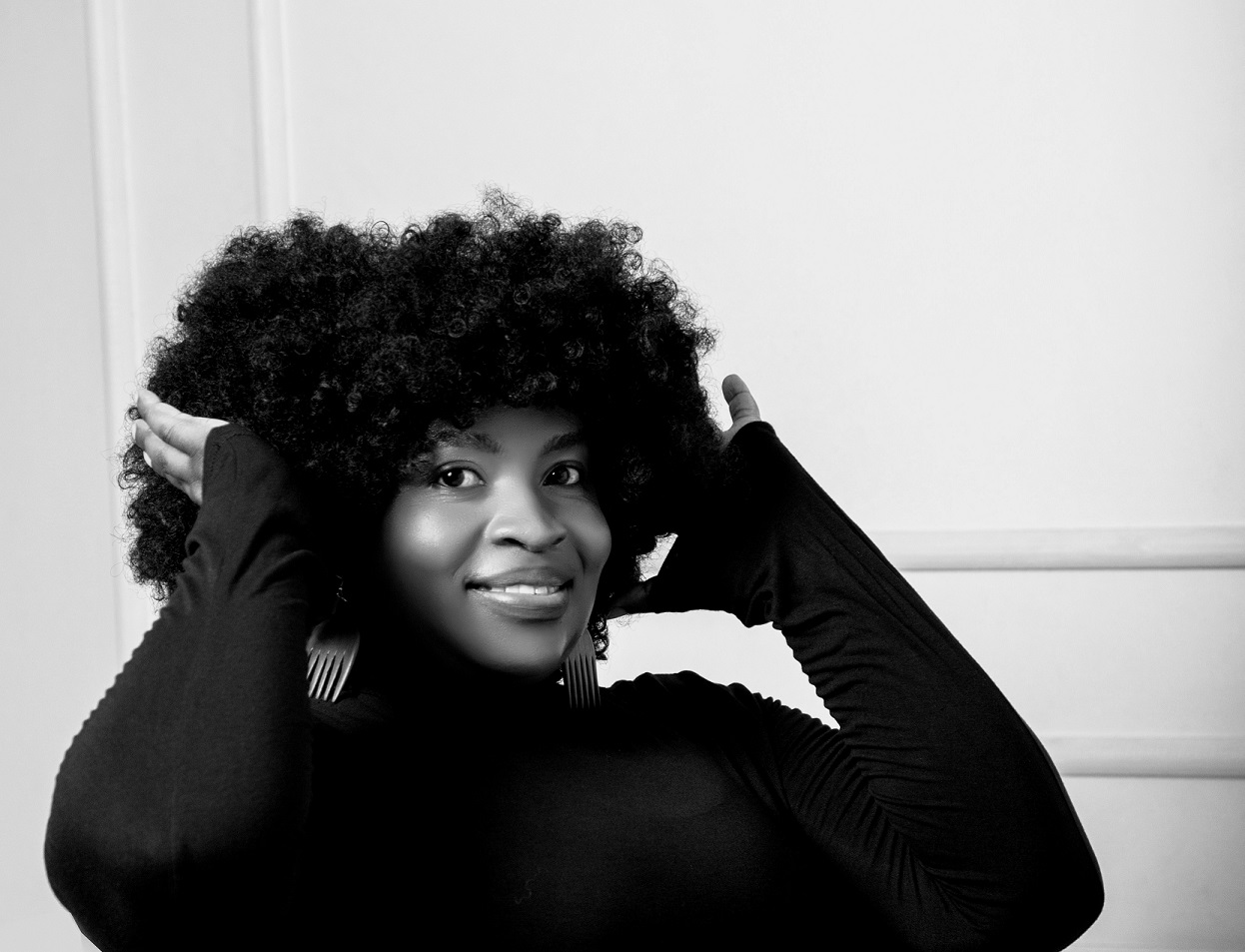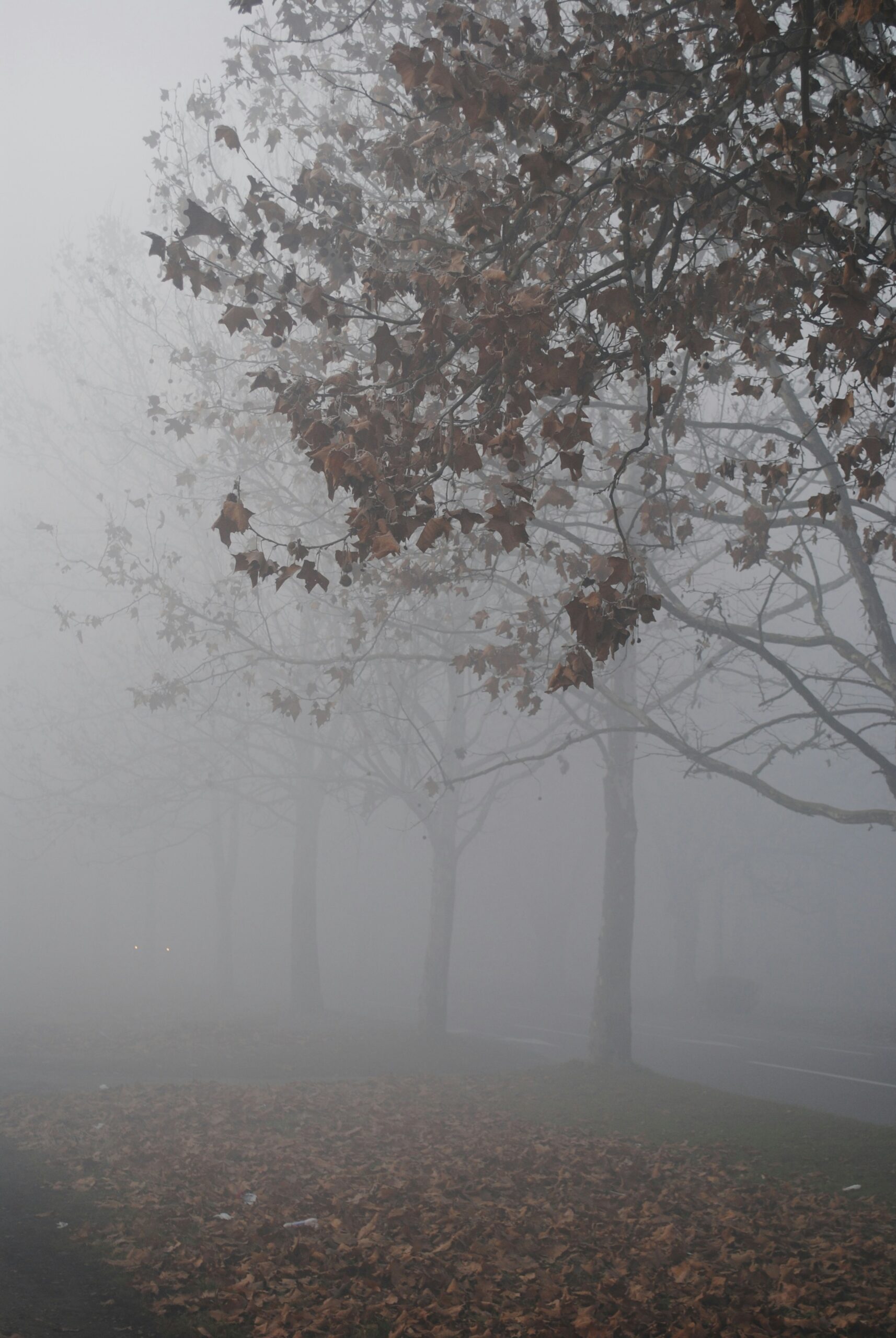Richard Ali + Carolyne M. Acen. Listen to the interview here.
What is the process of writing a poem like for you? Is it a lot of hard work or easy?
CaroIyne M. Acen: I don’t have a writing process because I have multiple conversations with myself. It’s like mental foreplay to me. When inspiration strikes, I set time aside to write a poem. There is always a story or something inspired by each poem that I write. It can be an idea or image I’ve seen on the internet. Sometimes a simple stimulus from everyday life can generate vast encompassing thoughts and emotions sufficient for writing. Most of my poems are bold and unapologetic. My wild imagination plays a big role in my thought process. I keep a notebook beside my bed in case an idea comes to me. I write down a few words that could inspire a poem and return to it later.
My writing is spontaneous. Some poems come easily and others require more time. Once, I spent a month writing one poem. It was a difficult topic and I went through different phases until I reached the point of completion. And even then, I wasn’t delighted with the poem. Then, there are poems I can write in five minutes and I am satisfied.
Sometimes, inspiration flees like a deadbeat dad and I won’t chase it. I will listen to music, or read a book until I feel inspired again to continue an old poem or start a new one. My mind functions mostly at night when it is quiet. That’s when I prefer to write. But there are days when I will write a poem on a moving bus.
Please describe your sense of identity in this or any possible world in imagery or metaphor?
CaroIyne M. Acen: My sense of identity is bold and spontaneous.
Bold like a lioness that prowls through the Kazinga Channel. My words are sharp as claws and my roar is heard from miles away. I am unafraid when it comes to expression. I love to explore the depths of my mind and the world around me without bowing to society. I am like a blazing sun. .. casting a light on shadows. I am like a flame, burning bright and fierce. Unafraid to speak my mind.
I am spontaneous in my creative expression. I am like a wildflower blooming freely in the field. I am not bound by rules or conventions. I dance to the rhythm of my thoughts and emotions. My mind flows freely like the Nile river. I am a painter with a blank canvas. My every word is a brushstroke. I approach each story with a sense of wonder and curiosity and allow inspiration to take control. I am a kaleidoscope—constantly shifting and evolving with each new inspiration or train of thought. I am not defined by a single style or form.

Carolyne M. Acen
If any of your poems could literarily save a person’s life, which poem would it be and can you describe the person whose life you think it would have saved?
CaroIyne M. Acen: The poem that I think would literary save a person’s life is, Dark Skin Blues.
This poem about colourism in our society would save the life of someone who believes their dark skin is ugly. It would encourage them not to rely on society’s beauty standards but to stand firm and embrace who they are. Some women are bleaching their skin because the people around them tell them that they are a lesser beauty. I believe that this poem would speak life to them and help them appreciate their skin more and refuse to be defined by it. Our black skin is beautiful.
What does Africa mean to you, as potential or reality?
Carolyne M. Acen: Africa to me means home. And home isn’t perfect. It is the epicentre of human civilization, a fusion of amazing people and captivating cultures. For me, it’s both a potential and a reality. The reality in Africa beams at the seams. Africa is a narrative poem that spells struggle and resilience. It’s the picturesque beauty, the land that houses the graves of our ancestors, our cultures and traditions, and the future of our children. Africa’s potential is vibrant with the many opportunities, creativity, and growth in various sectors. It is a beautiful potential that is sustainable and a reality that we live in. Africa is home.
Could you share with us one poem you’ve been most impressed or fascinated by? Tell us why and share favorite lines from it.
CaroIyne M. Acen: I have a variety of poems that I love but this poem, A Woman Speaks by Audre Lorde, is amazing.
I find it deeply inspiring and bold. I love how each line speaks to me and encourages me to amplify my voice and embrace my femininity. This poem is full of self-affirmations. Audre embodies the spirit of resistance and resilience in this poem. She talks about the unrepresented stories about black women and the muted voices. It reminds me of a High school headmistress who used to remind us that women are supposed to be seen but not heard. I love how Audre brings out the intersecting identity of being black and a woman. She uses the power of language and imagery to talk about the marginalization of black women. She isn’t pitiful, nor does she seek favour from anyone. I like the protest in this. This poem talks about identity, power, and pride which I find inspiring as a poet.
My favorite lines in the poem are;
I seek no favor
untouched by blood
unrelenting as the curse of love
permanent as my errors
or my pride
I do not dwell
within my birth nor my divinities
who am ageless and half-grown
and still seeking
my sisters
witches in Dahomey
and
I have been woman
for a long time
beware my smile
I am treacherous with old magic.
- Poets Talk: 5 Questions with Kayeon Onyeka - February 25, 2025
- Poets Talk: 5 Questions with Jakky Bankong-Obi - December 3, 2024
- Poets Talk: 5 Questions with Odu Ode - November 26, 2024













Leave a Reply